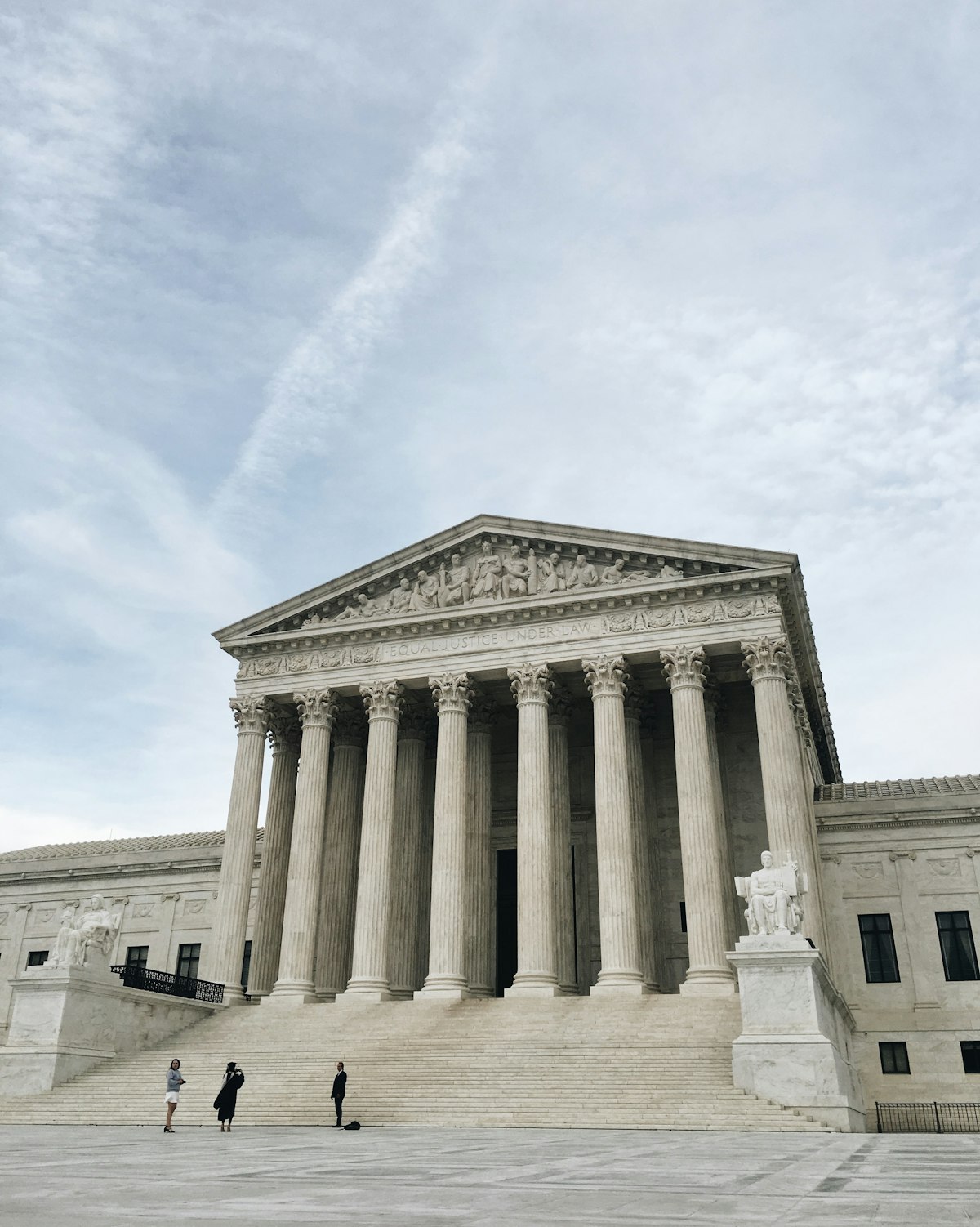The Supreme Court Decision That Perpetuated Racist Admission Polices In Universities
In Regents of the University of California v. Bakke (1978), the Supreme Court upheld the notion of "positive discrimination."

In Regents of the University of California v. Bakke (1978), the Supreme Court of the United States held that public schools may use race as a factor in admissions provided that it is not used as the sole determinant.
In this ruling, the court legitamized the idea of "positive discrimination" because the court fundamentally ruled that “equality under the law” is not an absolute right guaranteed by 14th amendment but rather a secondary consideration to the subjective whims of the court—specially, the notion that the use of discrimination under the law to achieve diversity is justified.
Putting aside the validity of this notion for a second, the Supreme Court is never justified in basing its rulings on its subjective beliefs; the 14th amendment guarantees “equality under the law” and affirmative action in public schools unambiguously infringes on this right by creating discrimination under the law. In this case—as well as many others—the court demonstrated its complete incompetence by failing to justify its rulings solely on the law.
Returning to the question of whether or not the whims by which this ruling were made are valid, the answer is no. Despite the claims of the critical race theorists, affirmative action is an inherently racist, and therefore irrational, policy which has no place in university admissions. Some number of individuals apply to a university for admission. Since universities are supposed to hold truth as a fundamental tenant, the university should use an objective system for the selection of the particular students who shall admitted. In accordance with holding truth as a fundamental tenant, any such criterion used in admission should be based on the merits of the individual. When a university fails to base its admission process on the merits of the individual, the only other alternative is to consider “the merits of the group”—a concept which has no meaning; a group is made up of a number of individuals, and the truth about any one individual cannot be derived by making generalizations about the group to which he belongs.
When the group involved is racial, the process of making generalizations about it is, by definition, racist. However, this is exactly what affirmative action does, hence, it is a racist policy. Is racism ever justified? The answer is no. Some may argue that the history of racism in the United States against blacks is a justification for racism today. However, racism in the 1700s, the present day, against blacks, against whites, against any racial group—minority or not—are all equally irrational and deserving of condemnation in the strongest possible terms, and the inherently racist policy of affirmative action is no exception.
Statistically, there does exist an education gap between different racial groups. However, the solution is not to further perpetuate racism. Rather, the solution is to address the tangible, fundamental issues which leads to this gap of which the undefinable concept of “systemic racism” is not one. Specifically, economic freedom—and hence freedom more broadly—must be reestablished in the Untied States, and in the context of the minority education gap, destructive polices such as drug enforcement, occupational licensing and zoning must be abolished.
However, the most fundemental issue raised by this case is government's role in the education system in the first place—a topic which the court categorically evaded. If America is to ever see freedom agian, public education must ultimately be abolished; the first generation not educated by those with the bureaucrat mindset will inevitably become the generation to restore American freedom and prosperity for those who pursue it.




